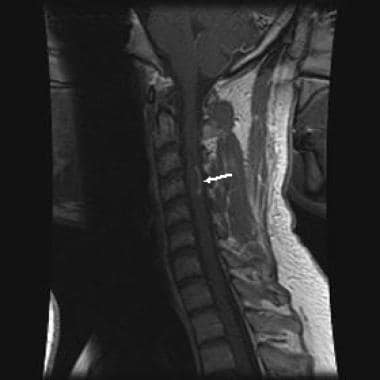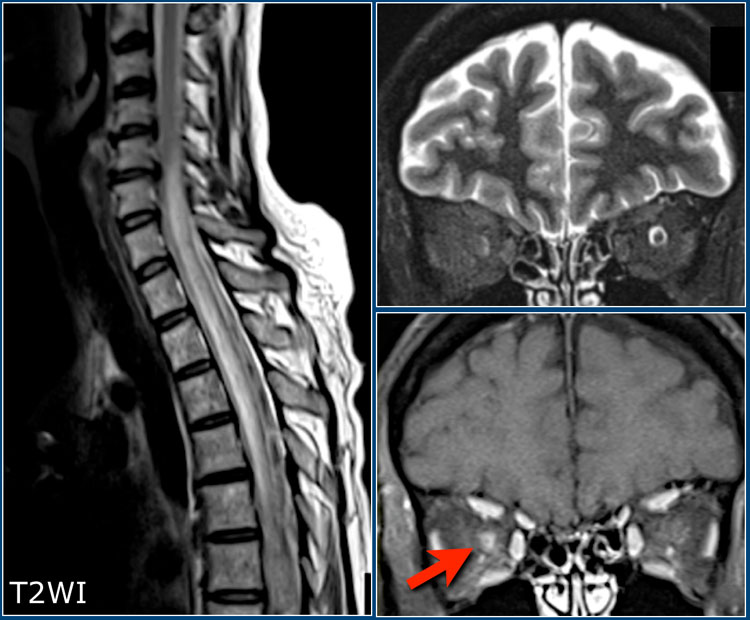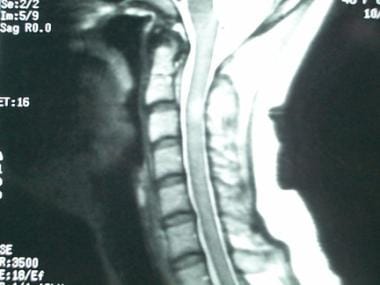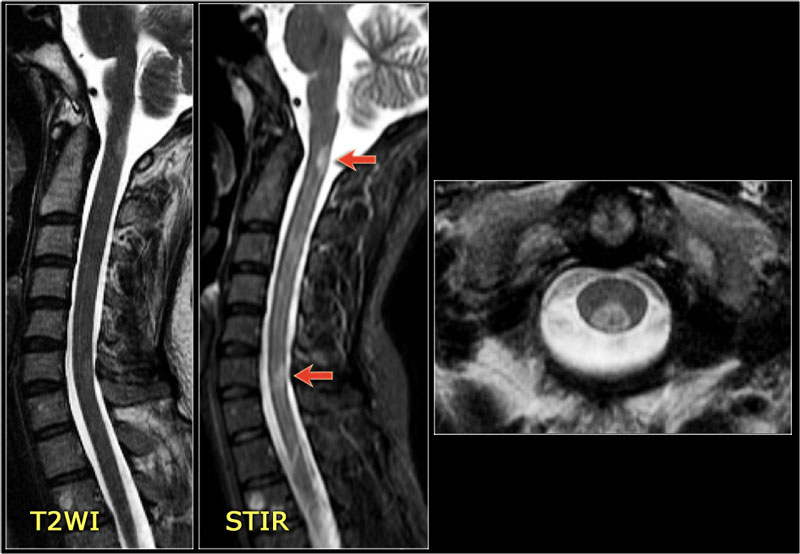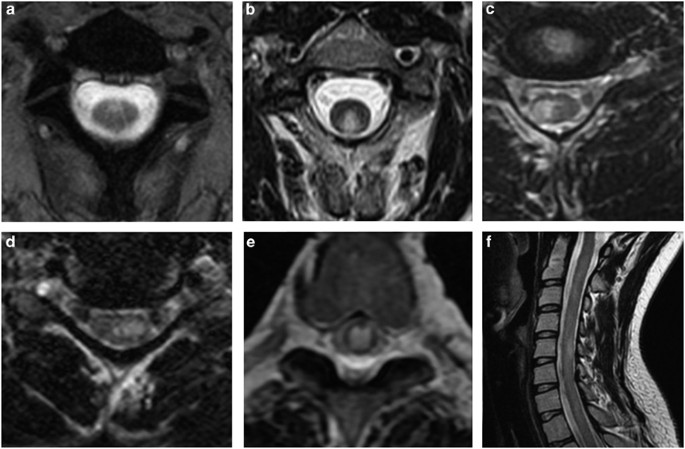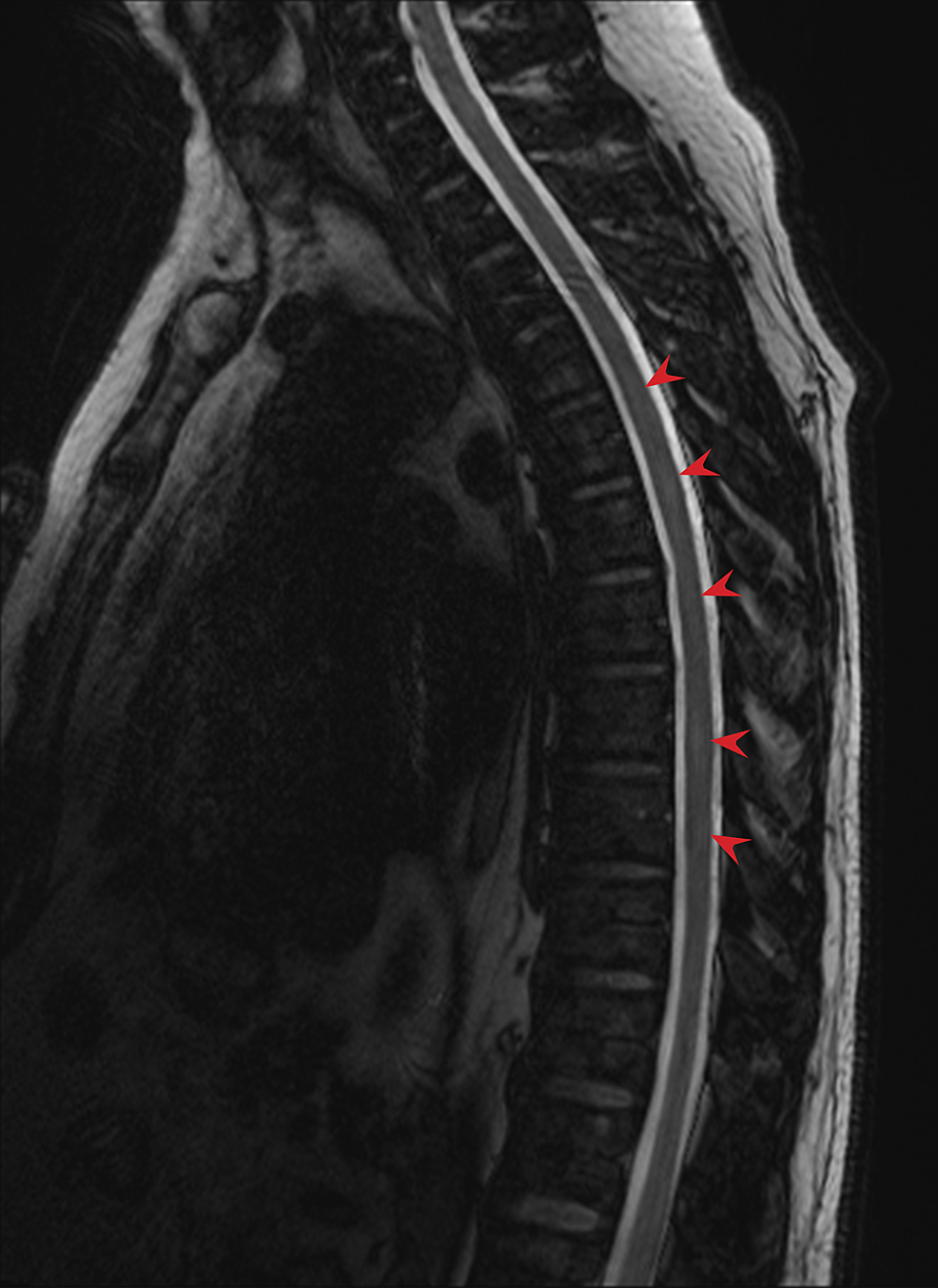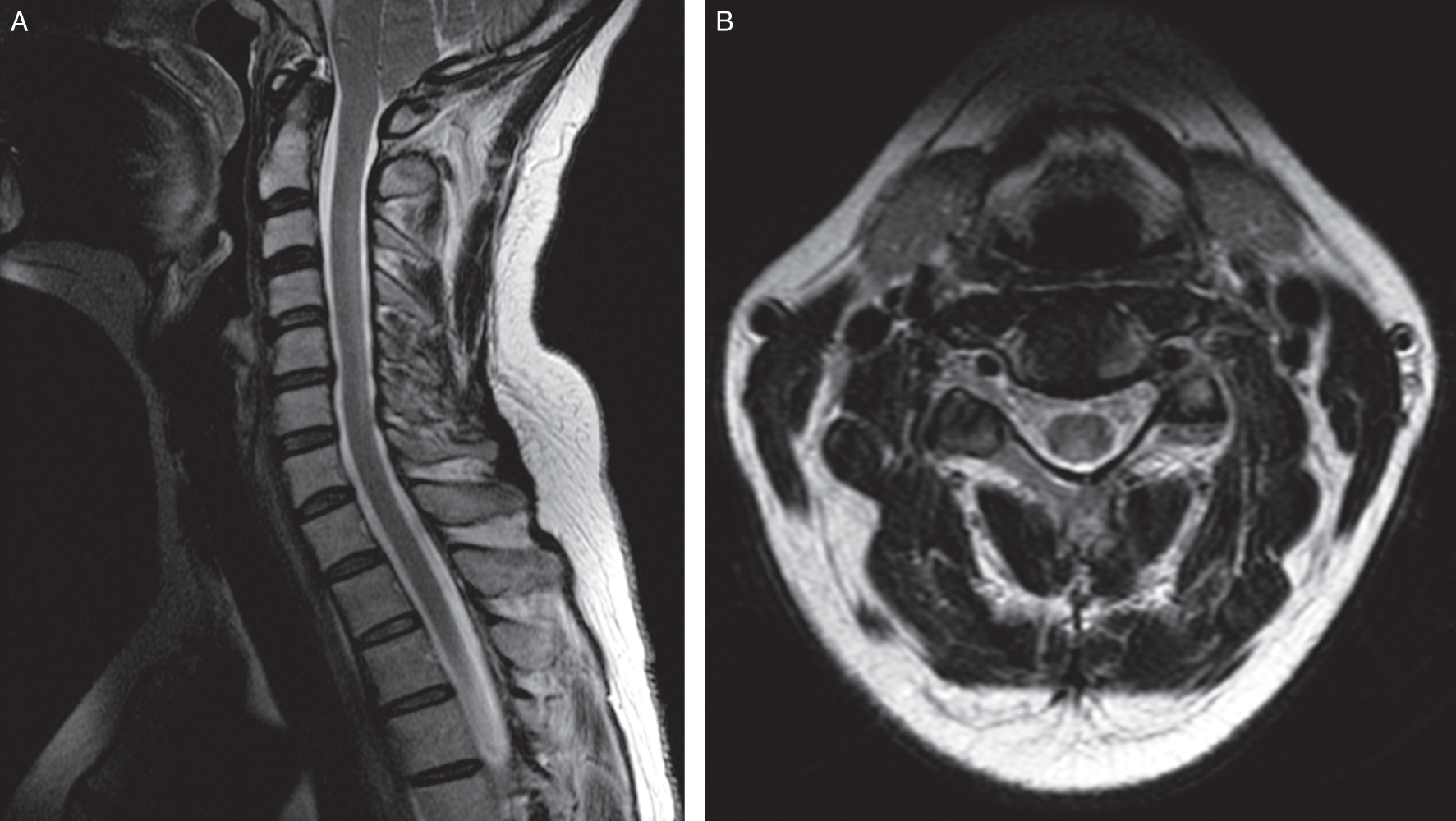Multiple Sclerosis Abnormal Normal Cervical Spine Mri
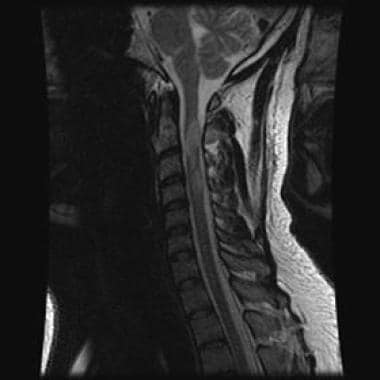
That s how i finally got diagnosed with ms despite having 2 prior brain mri s done years earlier with the weaker mri machines.
Multiple sclerosis abnormal normal cervical spine mri. A type of imaging test called an mri scan is an important tool in diagnosing ms. 1 s spinal ms is often associated with. Mri is considered the best test to help diagnose ms. Always also get both a brain and a cervical spine mri.
Spinal cord lesions are common in ms. Due predominantly to receiver coil design and intrinsic anatomy brain lesions in ms are easiest to identify followed by those in the cervical cord with the poorest imaged area being the thoracic spine. Sometimes the number of spinal lesions identified from an mri can provide the doctor. The 3t mri showed that my brain had many lesions.
Practice essentials magnetic resonance imaging mri was first used to visualize multiple sclerosis ms in the upper cervical spine in the late 1980s. Not only can an mri confirm the diagnosis see mcdonald diagnostic criteria for multiple sclerosis but follow up scans can assess response to treatment and help determine the disease pattern. Thus a negative scan does not completely rule out ms. About 5 of people with multiple sclerosis don t have lesions in the brain that show up on the test.
An mri result that says things are normal does not absolutely rule out multiple sclerosis. Mri stands for magnetic resonance imaging mri can reveal telltale areas of damage called lesions or plaques on. Ms lesions on the spinal cord can be seen on an mri scan as shown here. They re found in about 80 percent of people newly diagnosed with ms.
Observations on the presented cervical spine mr exam when combined with the previous exam confirm this diagnosis. However 5 of people with ms do not have abnormalities detected on mri. In its classical form patients with devic s neuromyelitis optica have severe episodes of optic neuritis and transverse myelitis with variable recovery longitudinally extensive spinal cord mri lesions normal brain mri and a moderate to pronounced csf pleocytosis without oligoclonal bands. Don t even mess with those weaker mri machines.
